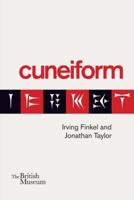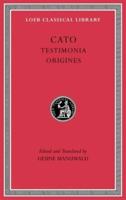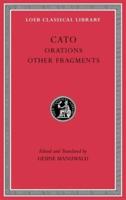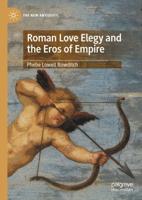Publisher's Synopsis
This is the first monograph in English on the Panegyrici Latini, and the first in any language dedicated to the five speeches of praise from 289 - 307. The study considers the relationship between the fulsome oratory of the speeches and the social, literary, and political context of the time. These decades witnessed great constitutional and administrative change, from Dyarchy to Tetrarchy, then from Tetrarchy to a flawed imperial college, which spelled the end of the Diocletianic experiment. By situating the surviving speeches in their context in Northern Gaul, the author demonstrates how contemporary provincial orators justified, accommodated, and projected these changes. Discussion of the potential and tension inherent in the culture of imperial praesentia introduces the study's main approach. In each of five substantial chapters, the date, place, and circumstance of delivery are considered to identify the challenges facing the orator. Close analysis of style and content reveals how diplomatic combinations of established and original literary tropes, treatise recommendations, figured expressions of imperial relationships, and adaptations of contemporary numismatic and artistic iconography articulate very specific ambitions and agenda. The orators are shown to be sophisticated, informed, and confident: their speeches are encoded expressions of local preoccupations. What emerges is the realization that panegyric was a genre capable of great agility, and that through its exaggerated and artificial discourse, skilful orators could find meaningful expression for their particular concerns.










